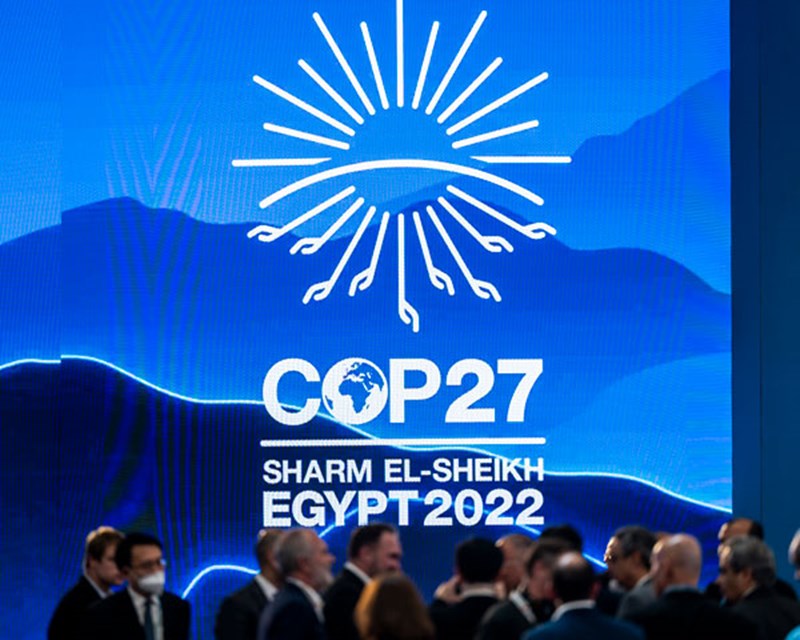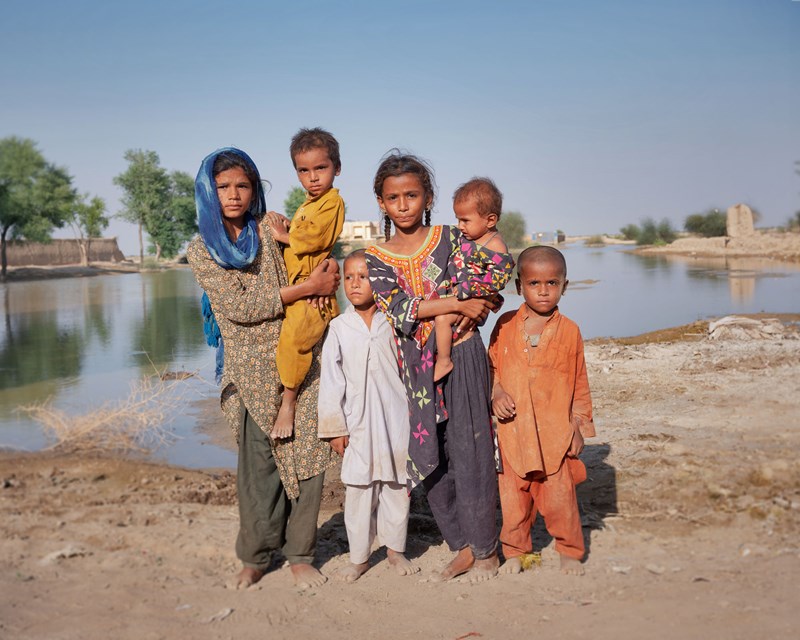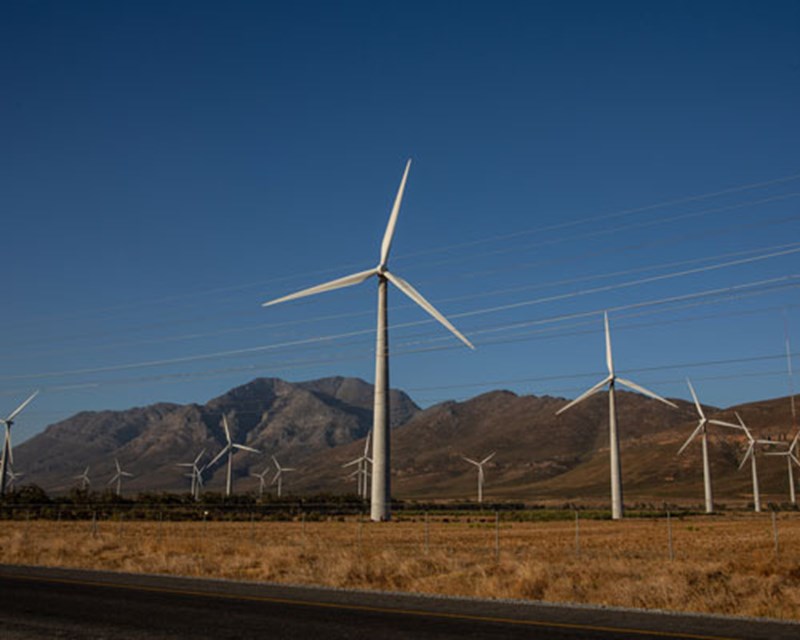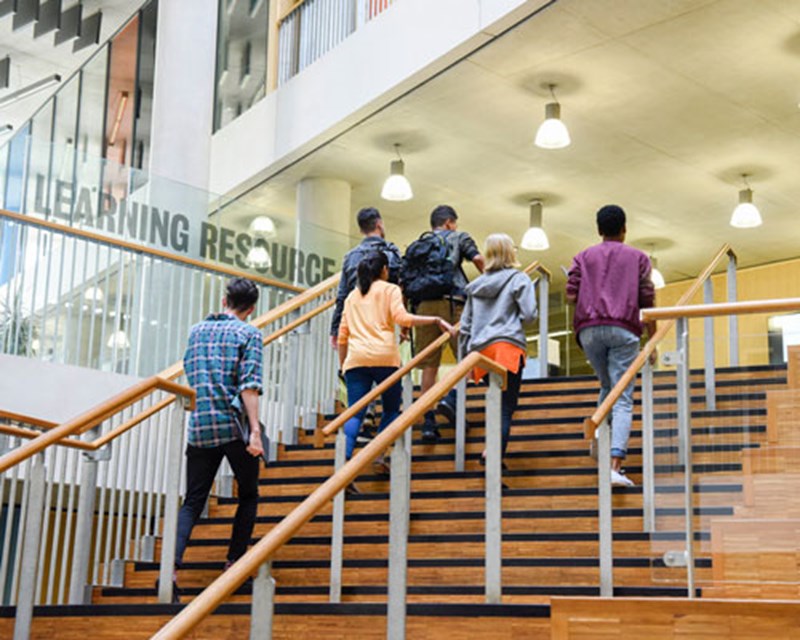Insect-based proteins for food and fertiliser, rainwater harvesting for communities and farmers in Bangladesh, blockchain to power Syrian refugee camps, and mobile healthcare for Amazonian tribes in Brazil. These were the four projects that won the 2023 Zayed Sustainability Prize - named after the UAE’s founding president, Sheikh Zayed bin Sultan Al Nahyan. Six high school teams were also selected for their ideas to make health, food, energy, and water more sustainable.
Together the 10 winners shared a total prize pot of US$3m, with the first four categories each receiving $600,000, and the six winning high schools getting $100,000 a piece, making this the largest philanthropic prize awarded in the UAE.
The winners were named during Abu Dhabi Sustainability Week (ADSW) at a high-profile ceremony attended by the current president of the UAE, Sheikh Mohamed bin Zayed Al Nahyan.
Praising the innovation on display, the president said the awards “created a pathway for delivering life-changing humanitarian aid and solutions to communities around the world.”
Mohon Kumar Mondal, executive director of LEDARS, one of the winners, told Philanthropy Age: “It is incredible win for us seeing as are a grassroots nonprofit working in remote village in Bangladesh."
He added: "This prize give us chance to scale-up our good work and find more appropriate solutions for the climate vulnerable people of coastal Bangladesh".





